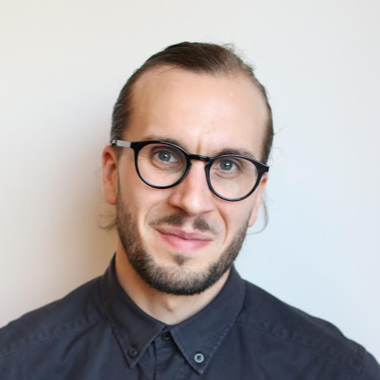Investigating co-production within the context of patient and public involvement (PPI) in applied health research in England (Project complete)
Background
Patient and public involvement (PPI) plays a significant role in research about healthcare in the UK.
The NHS strongly encourages organisations to engage in PPI, it is a mandated component of all National Institute for Health Research (NIHR)- funded research, and national health policy dictates that members of the public, patients, and carers should be involved in healthcare decision making because they can help improve health policies and services.
In the world of PPI, co-production has been promoted as the “gold standard”. Though it only recently came to prominence, a diverse range of approaches described as “co-production” are already in use. But there are divergent views about what exactly co-production is, and how it can best be supported in healthcare improvement.
Given the lack of agreement about co-production, and the lack of evidence around its role in healthcare improvement, further investigation into co-production has the potential for both short-and long-term impact.
Approach
This project aims to address the contested nature of co-production and to promote good practice with positive outcomes for healthcare improvement.
Toward these ends, this project is investigating:
- How does the theory and practice of ‘co-production’ differ in
different applied health research contexts in England; how
can these differences be explained; what impact do these
differences have on healthcare improvement? - How does the theory and practice of co-production in
applied health research in England compare with co-
production in different healthcare settings (eg outside of
applied health research) and in different national contexts? - How and in what ways does the state mandate for PPI in
applied health research alter the fidelity of co-production as
understood and practiced elsewhere?
Findings from this project will be used to co-create practical resources. Initial findings indicate that practitioners do not feel ‘more guidelines’ would be useful. Instead, resources will need to highlight how organisational structures and cultures can inhibit or promote co-production in various ways.
Oli shares his research insights as a guest on the podcast Listen to THIS. Listen to the episode ‘Co-production and engagement with service users’:
Please accept cookies or click here to view this content.
Oli took part in a panel discussion about inclusive research practice our annual conference, THIS Space 2023
Please accept cookies or click here to view this content.
Research articles
Williams, O., Lindenfalk, B. & Robert, G. (2022) New development: Mitigating and negotiating the co-creation of dis/value—Elinor Ostrom’s design principles and co-creating public value. Journal of Public Money & Management
Williams, O. et al. (2021) Applying Elinor Ostrom’s Design Principles to Guide Co-Design in Health(care) Improvement: A Case Study with Citizens Returning to the Community from Jail in Los Angeles County. International Journal of Integrated Care.
Williams, O., Smith, B. & Bone, L. (2021) Co-production: A resource to guide co-producing research in the sport, exercise, and health sciences. Qualitative Research in Sport, Exercise and Health
Williams, O. et al. (2020) Is Co-production Just Really Good PPI? Making Sense of Patient and Public Involvement and Co-production Networks. Decentring Health and Care Networks.
Williams, O. et al. (2020) Lost in the shadows: reflections on the dark side of co-production. BMC Health Research Policy and Systems
